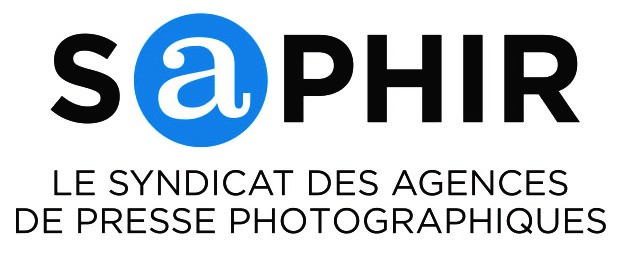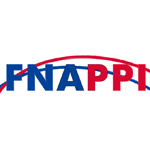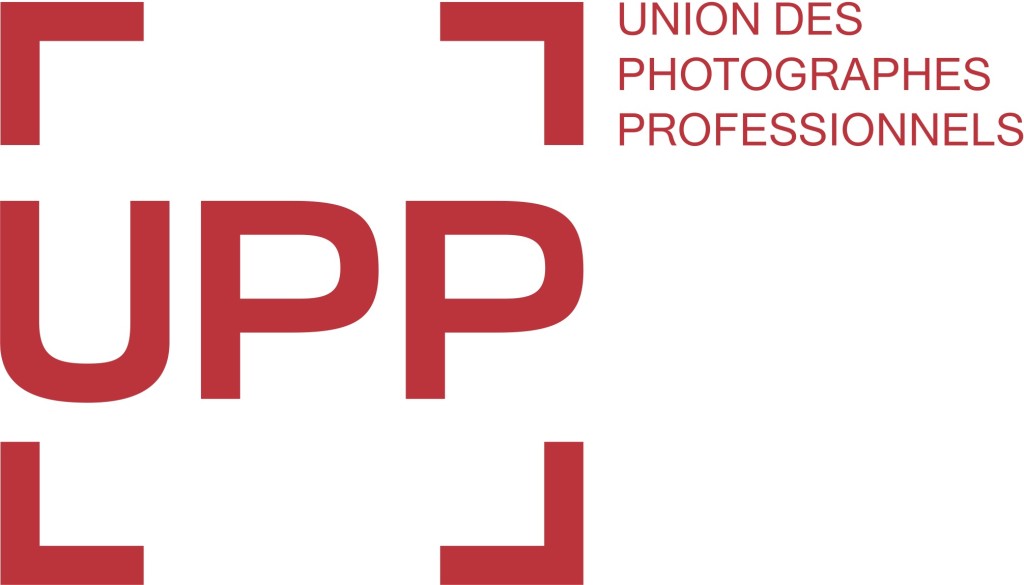The Commission’s current proceedings against Google are wide-reaching, with Google accused of distorting search results in favour of its own services. This affects a myriad of industries, from media companies like Getty Images, to comparison shopping and travel websites. Just last week, a further set of proceedings were issued against the search engine, to address Google’s business practices around its Android mobile operating system.
Getty Images’ complaint focuses specifically on changes made in 2013 to Google Images, the image search functionality of Google, which has not only impacted Getty Images’ image licensing business, but content creators around the world, by creating captivating galleries of high-resolution, copyrighted content. Because image consumption is immediate, once an image is displayed in high-resolution, large format, there is little impetus to view the image on the original source site. These changes have allowed Google to reinforce its role as the internet’s dominant search engine, maintaining monopoly over site traffic, engagement data and advertising spend. This has also promoted piracy, resulting in widespread copyright infringement, turning users into accidental pirates.
Getty Images’ General Counsel, Yoko Miyashita says: “Getty Images represents over 200,000 photojournalists, content creators and artists around the world who rely on us to protect their ability to be compensated for their work. Google’s behavior is adversely affecting not only our contributors, but the lives and livelihoods of artists around the word – present and future. By standing in the way of a fair marketplace for images, Google is threatening innovation, and jeopardizing artists’ ability to fund the creation of important future works. Artists need to earn a living in order to sustain creativity and licensing is paramount to this; however, this cannot happen if Google is siphoning traffic and creating an environment where it can claim the profits from individuals’ creations as its own.”
Miyashita continues: “Getty Images believes that images have the power to move the world by spurring action and driving change. It is key that these issues with Google are addressed and that the dominant search engine in Europe leads users to legitimate sources for imagery, rather than creating an environment that benefits Google alone. A fair marketplace will allow photographers to continue to capture the ground-breaking imagery that informs and impacts the world every day.”
Getty Images firmly supports a more image-rich, digital world, but one that recognizes and remunerates the content creators who create this imagery. In 2014, Getty Images launched its embed tool, which revolutionized the visual content industry by making imagery available for easy, legal sharing at no cost for non-commercial use. This embed functionality provides consumers with an easy, legal alternative to the “right click,” an alternative that ensures the content creator is appropriately credited for their work and that the image is clearly traceable to Getty Images in the event that a user wishes to license the image for a commercial purpose.
Visit Where We Stand to learn more about how Getty Images is working with policy makers and industry groups to defend intellectual property and ensure a fair marketplace for content creators.
ENDS
Notes to editors:
Timeline of changes to Google Images – background to Getty Images’ complaint:
In January of 2013, Google changed its presentation of imagery by displaying high res large-format content through Google Images, where previously low res thumbnails that clicked-through to source sites were displayed. This format has diverted users away from source sites and siphoned traffic from Getty Images, other media organizations and image creators. Google Images’ current format also promotes “right click” piracy by making hi res imagery easily available, with no requirement for the user to go to the source site to find out how they might legally license or seek permission to use the image in question. Google’s practices involve presenting content in such a way that it deters users from engaging with content creators; this impacts artists’ ability to monetize users’ interest and thereby reduces the level of reinvestment available for the creation of new content. By creating its own captive, image-rich environment and cutting off user traffic to competing websites, Google is able to maintain and reinforce its dominance in search. It does this without making any contribution to the costs of creating the very images upon which it relies to attract and maintain users.
When Getty Images first raised concerns with Google three years ago, Google’s proposed solution was no solution at all: accept its presentation of images in high-res format, or opt-out of image search. This would mean allowing the harm to continue, or becoming invisible on the Internet, making it even more difficult for users to legitimately source and license images.
Getty Images’ submission builds upon earlier submissions made as an interested third party and also on an earlier complaint to the EU Commission made by CEPIC.
http://press.gettyimages.com/getty-images-files-competition-law-complaint-against-google/








